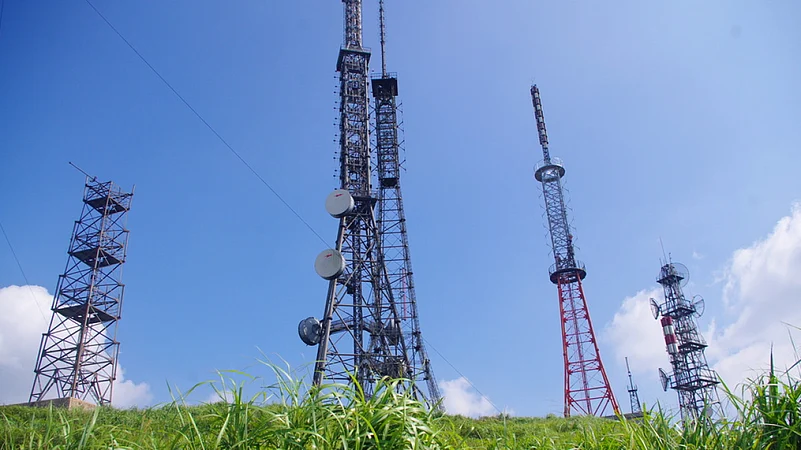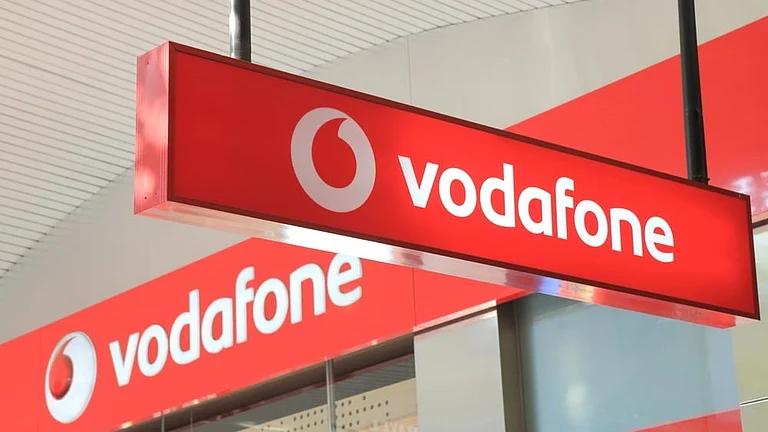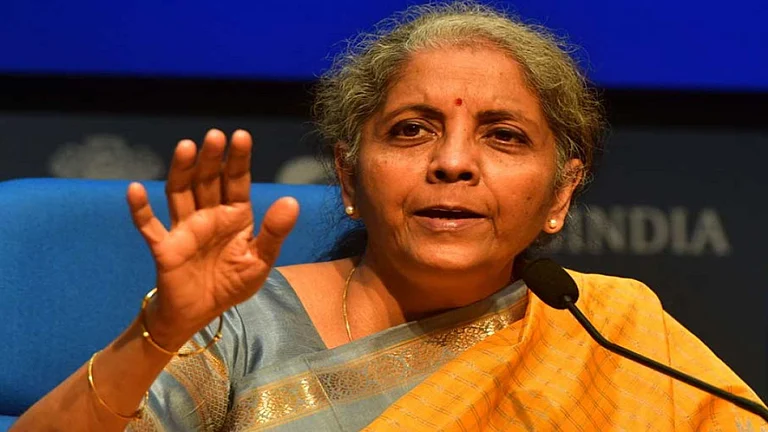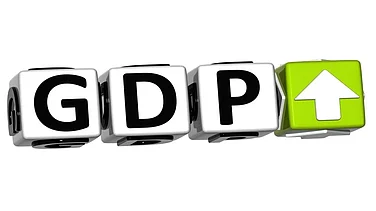Telecom sector revenue may cross Rs 5 lakh crore in the next two years in line with the present growth trend fuelled by ease of doing business measures introduced by the government in the last 2-3 years, a senior Department of Telecom official said on Friday.
The DoT's apex decision-making body Digital Communication Commission Member Manish Sinha mooted the idea of relooking at current practices of spectrum allocation and working on new methodologies like dynamic spectrum allocation, and for shorter duration to enhance spectrum usage efficiency and derive its economic value.
"I can see that in the last 2 to 3 years, there has been much ease of business, and that reflects in the kind of revenues that the telecom sector is generating now. I hope it continues to grow like that in the next two years, it won't be surprising if we break the barrier of Rs 5 lakh crore in terms of gross revenue from this sector," Sinha said.
According to a report by sector regulator Trai, telecom service providers posted a gross revenue of Rs 3.36 lakh crore in the financial year 2024.
Sinha also said he has been informed that the telecom sector will touch Rs 4 lakh crore in gross revenue this year.
He said that if there is a burst in revenue through any big innovation then probably it will put to rest the demand of fair share from the over-the-top applications.
Sinha said that telecom operators have not been able to realise the full value of spectrum that they bought in old auctions and mooted an idea of allocating spectrum for a shorter duration instead of a long period of 10 or 20 years.
There are issues of spectrum utilisation, efficiency, and economic value that are rather changing the rationale on the way spectrum band needs to be allocated and the commercial terms on which allocation of spectrum needs to be done, he added.
"We need to evolve models to measure spectrum utilisation efficiency and spectrum economic value. In 2010, when the first auction was held, all the spectrum that was allocated then has probably become valueless today," Sinha said.
The auctions for 3G and wireless broadband access spectrum in 2010 had fetched the government around Rs 1 lakh crore.
Sinha said that spectrum bands are undergoing such transformation in terms of economic value in a span of 10-14 years.
"I'm surprised to see that a few years back, there was talk of whether it should be allocated for 20 years or 30 years. Nobody discussed why not 5 or 10 years. So, with the situation as it is emerging today, the spectrum economic value gets eroded over a period of five to 10 years. These are contradictory trends that are emerging in the markets," he said.
He also said that NICF (National Institute of Communication and Finance) and the panels at the India Mobile Congress should discuss the issue of dynamic allocation of spectrum value and work on methodology to derive its economic value.































